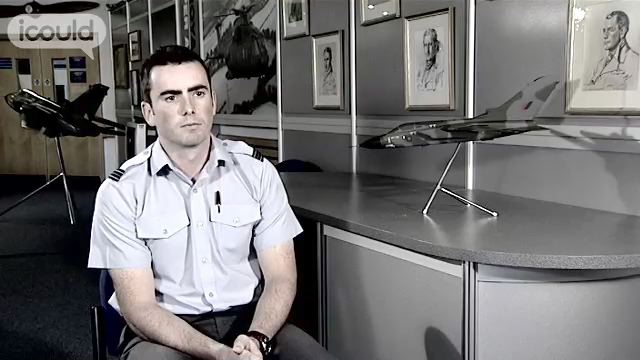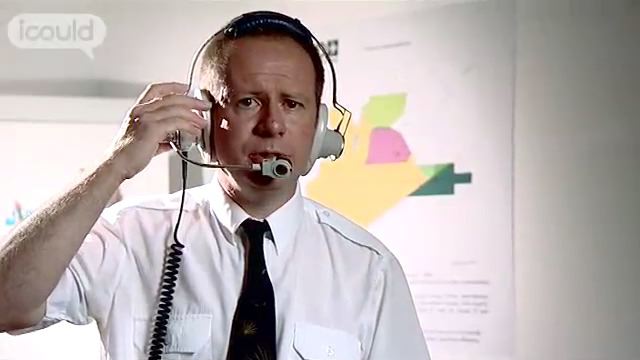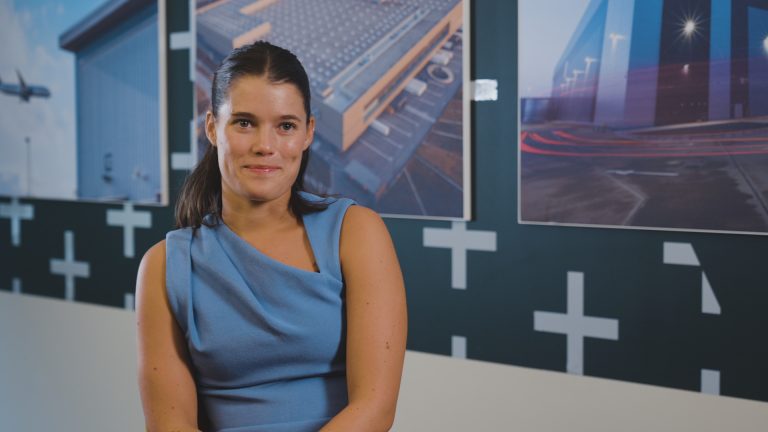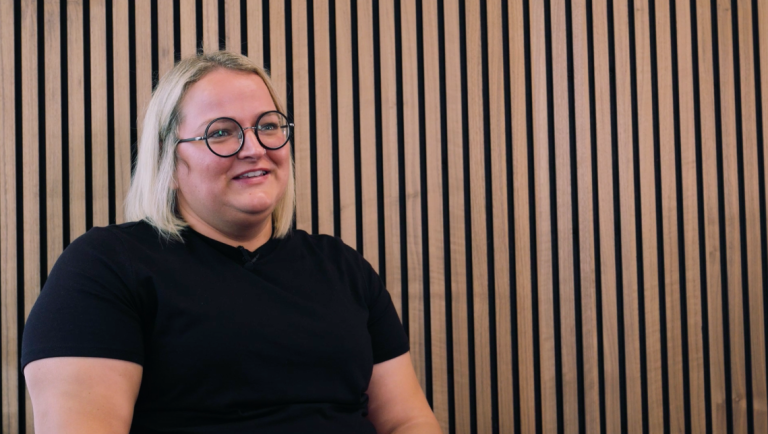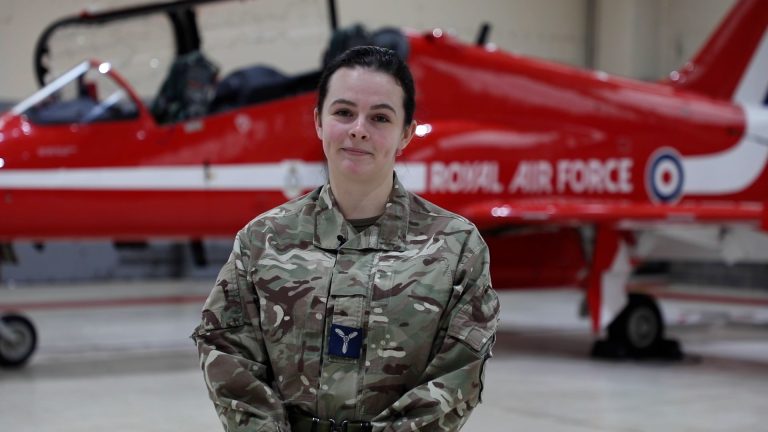Senior Air Traffic Control Manager
Lydd Airport
Tim M
00:00:03 I’m Tim M, I’m the Senior Air Traffic Control Officer at Lydd Airport, and my job involves managing the Air Traffic Control Unit, and I’m also currently a Controller as well. My job primarily is to stop aircraft colliding with each other.
00:00:19 Well these are air traffic control headphones. The telephone set will be coming through this earpiece here, the radio telephone communication with the pilots will be coming through this side here, and I speak through the microphone. Air traffic control becomes like a four dimensional game of chess. And that really is what the job involves. All the training that you do enables you to be able to think like that, and to operate in a calm and co-ordinated manner.
00:00:48 My own entry into the job was really quite non-standard. I had originally went to University and studied Sciences. I then started up an organic vegetables business, also ran a vineyard. After that, just by chance, someone walked their dog around the vineyard, and he happened to be the Air Traffic Control Manager at the airport. And he said would I like a job as an Air Traffic Assistant? And I of course – I had no idea what that entailed, I thought it was literally waving the marshalling bats. And I started work January of 1989 at Lydd Airport as an Air Traffic Assistant.
00:01:23 When this chap walked his dog just by chance through the vineyard, it was a real turning point, because until that point I had never been to an airport, I wasn’t interested in aviation, I was never an aircraft spotter. I don’t think I even had a passport at that stage, so I had no idea what it involved at all. So this was a very chance opening for me, and I view that as really one of the main turning points.
00:01:51 I was what people would call a swot these days, I think. I was very academic, and I ended up with 12 O-Levels and 4 A-Levels, and then I went to Cambridge. With me I really didn’t know at 18 or 19 years old what I wanted to do, but I had an idea that it was going to be in probably botanical sciences, and so I continued with that, and then took it to the next level at University. Unfortunately there weren’t very many jobs available, and I realised that a lot of the science that I’d learnt, I wouldn’t be able to put into practice at all, maybe not even five percent of it.
00:02:25 I think that the people that have most influenced me really – I think my father certainly drove me to study as hard as possible, because he didn’t go to University himself, and he thought his children should have the opportunity – but work hard to achieve it. And secondly, I think that the chap that introduced me to air traffic in the first place – this man with the black Labrador dog that used to walk around the vineyard – he also took me under his wing, he was kind of a mentor for me, for the first three years of my operational life at Lydd Airport.
00:03:00 I think if there’s something that I could do, it would be perhaps to become a military jet pilot. I think really that’s what I’d loved to have done for a short spell of time. And then maybe perhaps gone into military traffic control, and then perhaps into civilian air traffic control that way. The way I’ve done it is in reverse, and it’ll never happen. But I think if I could have done it, that would have been it.
00:03:22 I don’t really have any regrets at all. I don’t know whether you – if you believe in God or Fate or anything like that – but really it was totally by chance the way that I’ve ended up in this job, in all manner of ways really. And I think that’s what’s really important, is that if you are offered golden opportunities, is to be able to spot them in the first place, and then to follow them through as far as you can. Obviously if you don’t, if you turn out not to like something, then you have to change course again, but I’ve been very lucky in that 20 years, I’ve just followed it through right from the first day that I started, through to my current position now, and I still enjoy it, and still get a buzz out of the job.
00:04:00 ENDS
Tim M is Senior Air Traffic Control Officer at Lydd Airport. “My job primarily is to stop aircraft colliding with each other.” But it wasn’t what he had planned as a career. He was running an organic vegetable business and vineyard when he met a man walking his dog round his property. This turned out to be the Air Traffic Control Manager, who spotted his talent suggested he came and worked at the local airport for him. “Until that point I had never been to an airport, I wasn’t interested in aviation, I was never an aircraft spotter. I don’t think I even had a passport at that stage, so I had no idea what it involved at all.” He still gets a buzz our of the job after twenty years.
More information about Air traffic controllers
The UK average salary is £29,813
There are 37.5 hours in the average working week
The UK workforce is 47% female and 53% male
Future employment
- Maintains radio and/or radar or visual contact with aircraft and liaises with other air traffic controllers and control centres to direct aircraft in and out of controlled airspace and into holding areas ready for landing;
- Directs the movement of aircraft en route to its destination and ensures minimum distances are maintained between planes;
- Gives landing instructions to pilot and monitors descent of aircraft;
- Directs movement of aircraft and motor vehicles on runways, taxiways and in parking bays;
- Obtains information regarding weather conditions, navigational hazards, landing conditions, seating arrangements, loading of cargo, fuel and catering supplies;
- Calculates fuel consumption and optimum flying height, plans route and prepares flight plan for aircraft pilot;
- Discusses operational requirements with pilot, issues duty schedules for flight deck and cabin crews, maintains records of flight progress and authorises flight departure;
- Handles emergencies, unscheduled traffic and other unanticipated incidents.
